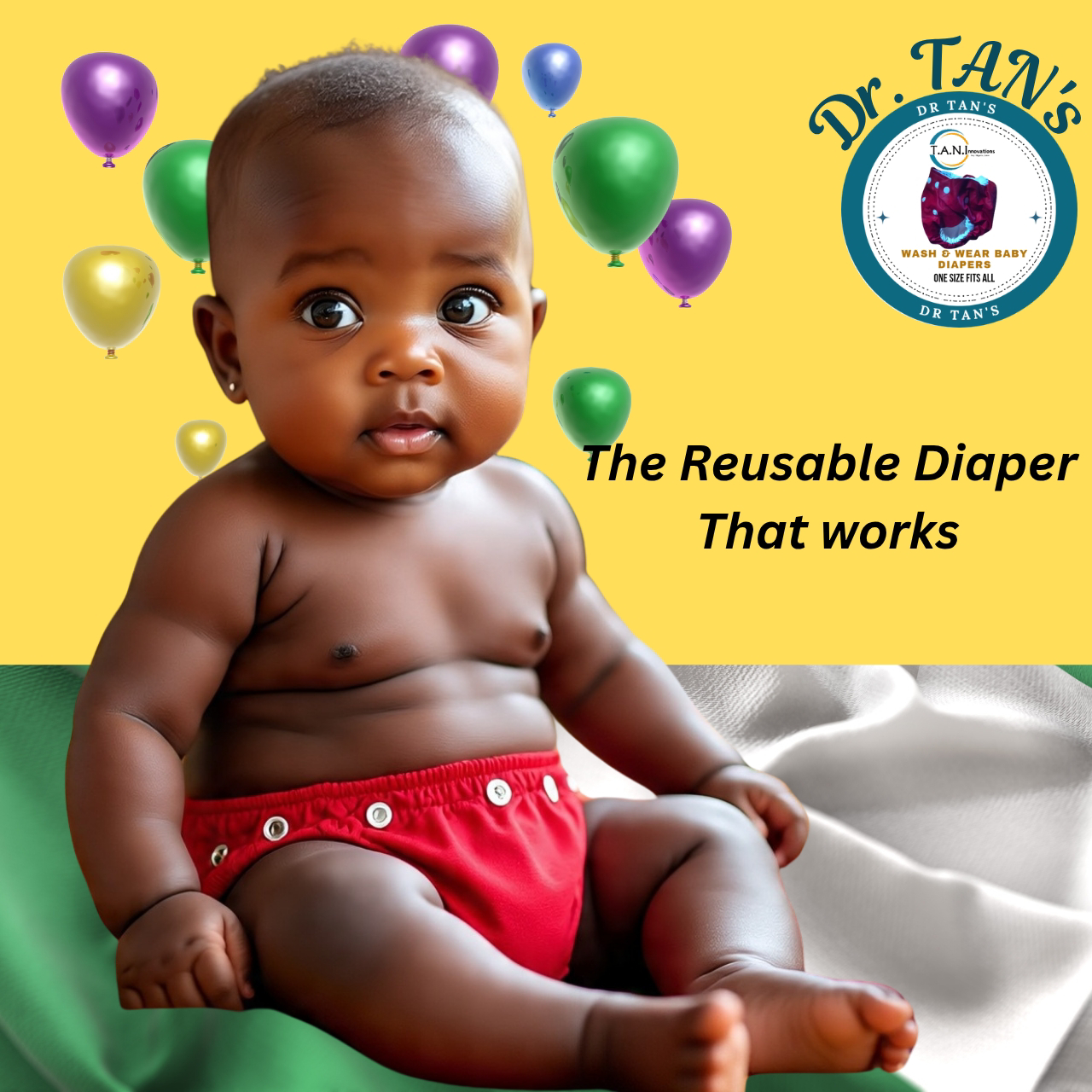The Role of Play in a Baby's Language Development
When we think of a baby playing, we often see it as a qa to pass time or burn energy. But did you know that play is one of the most powerful tools for language development in babies?
From babbling during peekaboo to naming toys during pretend play, every playful moment is a chance for your baby to learn how language works. Let us explore how play helps shape your baby’s speech and communication skills.
🧠 1. Play Stimulates the Brain
Play activates several parts of a baby’s brain, including those responsible for speech and memory. When babies engage with their surroundings through touch, sound, and movement, they are building the foundations for understanding and using language.
🗣️ 2. Play Encourages Communication
Have you ever noticed how babies start babbling during a game of “peekaboo” or reach out and say “ba” when they want a ball?
Through play, babies learn:
- Turn-taking, just like in conversation
- The power of eye contact and gestures
- How to express needs, joy, and surprise
This is the beginning of meaningful communication.
🧸 3. Naming and Repeating Words Boosts Vocabulary
When you say things like:
🔸 “Here’s your teddy!”
🔸 “Let’s clap our hands!”
🔸 “The ball is red!”
you are helping your baby associate words with actions and objects. Over time, they begin to connect the dots and attempt to repeat those words back to you.
🎶 4. Singing and Rhymes Teach Rhythm and Sounds
Songs, rhymes, and chants are not just fun. They introduce patterns of speech, rhythm, and pronunciation.
Simple tunes like:
🎵 “Twinkle Twinkle Little Star”
🎵 “If You’re Happy and You Know It”
help babies get used to the natural flow of language.
👩🏽🍼 5. Play Strengthens Parent-Child Bonds
When you play with your baby, you build emotional trust. A happy, secure baby is more likely to take risks like trying to talk, even if they don’t get it right at first and every coo, giggle, and babble they share with you is a step closer to speech.
👣 Simple Ways to Support Language Through Play
Here are easy, everyday play ideas that support your baby’s language journey:
✅ Talk through what you’re doing
“Now we’re putting on your socks... one, two!”
✅ Copy their sounds
When they say “ba,” you say “ba!” It encourages back-and-forth.
✅ Use toys that make noise
Rattles, soft books, animal sounds. They are all great for stimulating speech.
✅ Play pretend:
Feeding a doll or pretending to drive helps introduce verbs and simple sentences.
Final Thoughts
Play is not just play—it’s your baby’s first language classroom. Every smile, sound, and silly game lays the foundation for speaking, listening, and understanding.
So the next time you’re on the floor making animal sounds or dancing to a nursery rhyme, know that beyond playing, you're planting the seeds of language.



Comments
Post a Comment